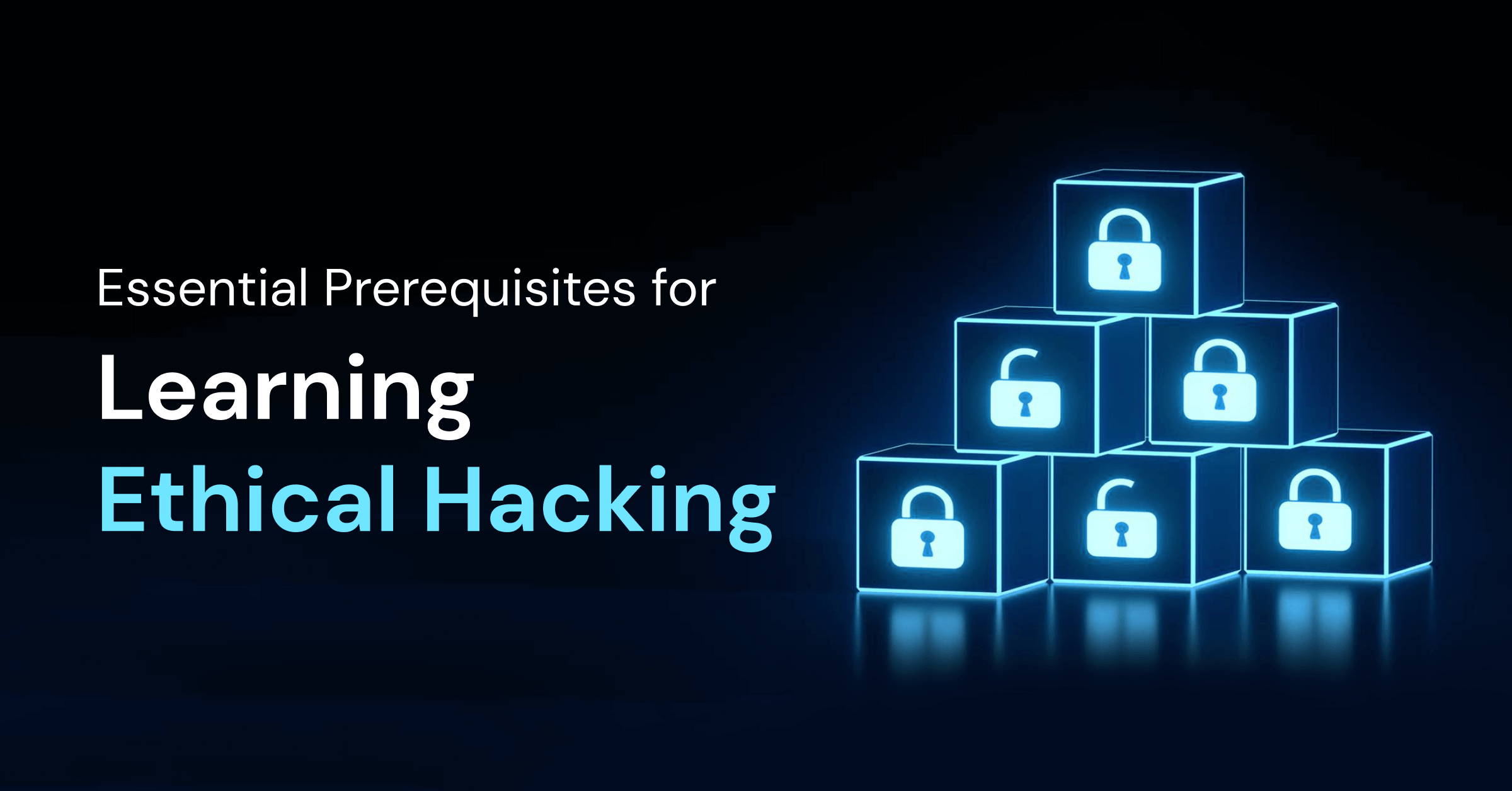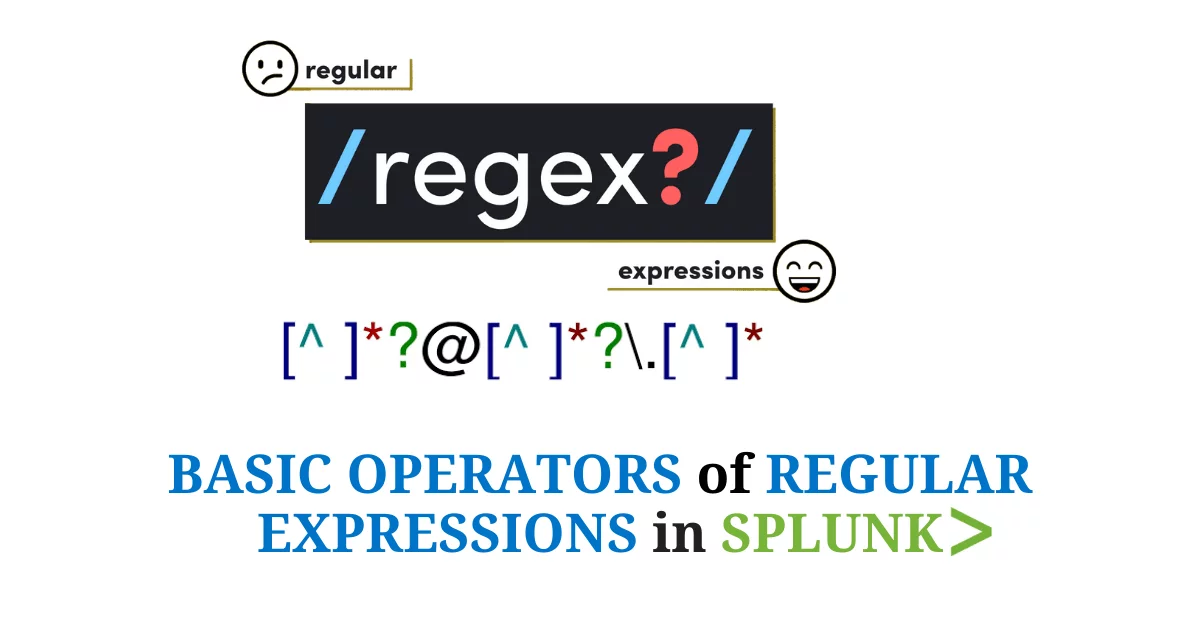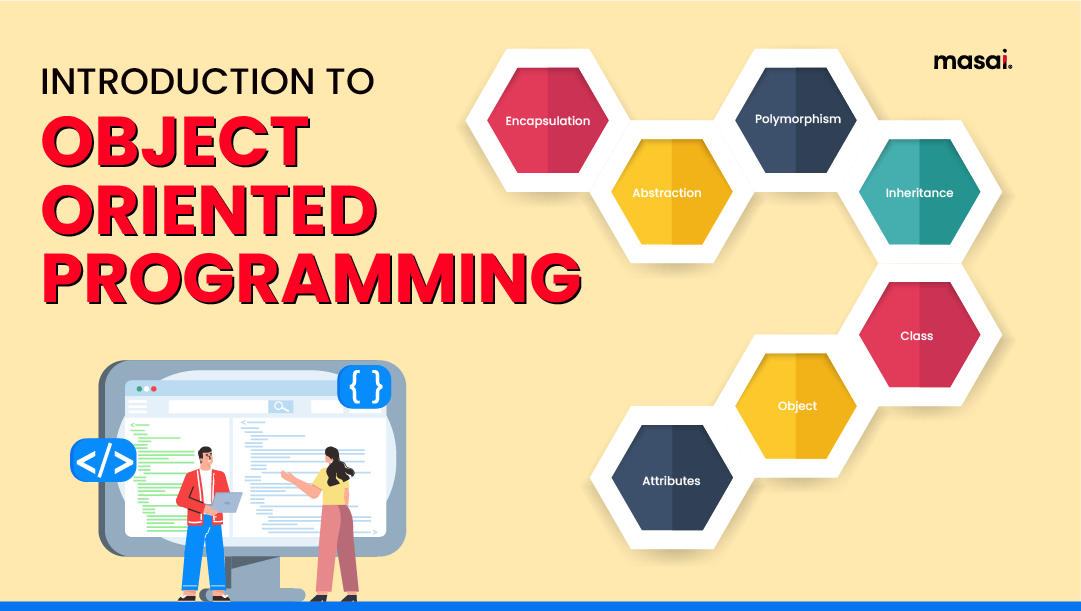Ethical hacking, also known as white-hat hacking, is the practice of using hacking techniques to identify and report vulnerabilities in computer systems and networks with the permission of the system’s owner.
Ethical hackers are authorized to penetrate test systems and applications to identify potential weaknesses that could be exploited by malicious hackers. The goal of ethical hacking is to help organizations improve their security and protect against cyber threats.
Ethical hackers follow a code of ethics that requires them to obtain permission before testing a system, report all vulnerabilities to the system owner, and avoid causing harm to the system or its data. They must also maintain confidentiality and not disclose vulnerabilities to unauthorized parties.
Ethical hackers are often employed by organizations to perform penetration testing, vulnerability assessments, and other security-related tasks. They may also participate in bug bounty programs, which offer rewards to ethical hackers who report vulnerabilities in software or systems.
Apparently, Ethical hacking requires a strong understanding of computer systems, networks, and security principles. It also requires a certain level of creativity and problem-solving skills to identify and exploit vulnerabilities. Ethical hackers often have a background in computer science, information security, or a related field.
- CompTIA Security+: This course covers the basics of cybersecurity and is often considered a prerequisite for ethical hacking courses. It covers topics such as network security, compliance and operational security, threats and vulnerabilities, and application, data, and host security.
- Computer Networking: A solid understanding of computer networking is essential for ethical hacking. Courses that cover networking basics such as TCP/IP, subnetting, routing, and switching are recommended.
- Linux Fundamentals: Many ethical hacking tools and techniques are based on Linux, so having a strong foundation in Linux is important. Courses that cover Linux basics such as command-line usage, file permissions, and package management are recommended.
- Programming: While not strictly necessary, having programming skills can be beneficial for ethical hacking. Courses that cover programming languages such as Python, Java, or C++ are recommended.
- Wireshark: Wireshark is a network protocol analyzer that is commonly used in ethical hacking. A course that covers Wireshark basics such as packet capture, filtering, and analysis is recommended.
- Metasploit: Metasploit is a penetration testing software that is widely used in ethical hacking. A course that covers Metasploit basics such as exploitation, post-exploitation, and reporting is recommended.
- Certified Ethical Hacker (CEH): The CEH certification is a widely recognized credential in the ethical hacking industry. A course that prepares you for the CEH exam is recommended.
Some specific courses recommended are as follows:
- “CompTIA Security+ Certification Boot Camp”
- “Introduction to Computer Networks”
- “Linux Fundamentals for Cybersecurity”
- “Python for Everybody”
- “Wireshark 101”
- “Metasploit Unleashed”
- “Certified Ethical Hacker (CEH) v11”
It’s worth noting that the specific courses and order of study may vary depending on the ethical hacking curriculum and individual learning goals.
About Author
Discover more from SURFCLOUD TECHNOLOGY
Subscribe to get the latest posts sent to your email.




